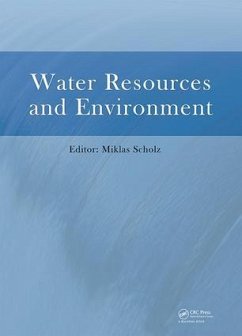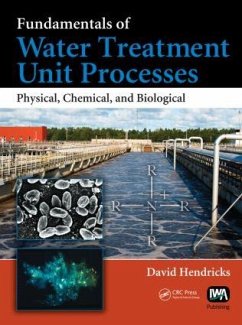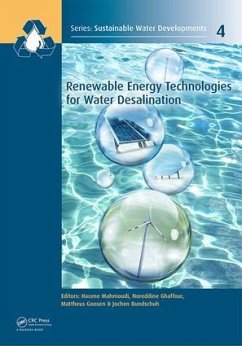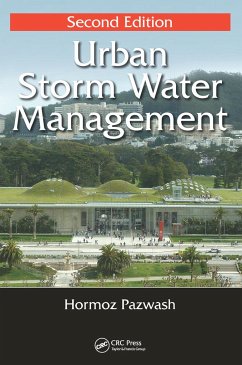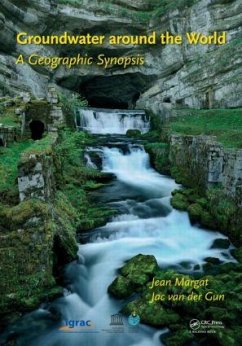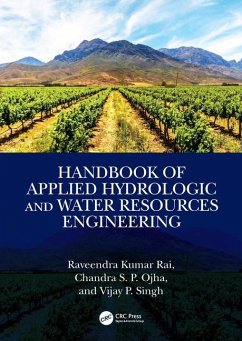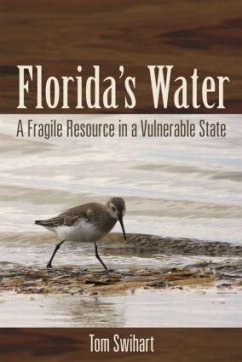
Water Policy and Planning in a Variable and Changing Climate
Versandkostenfrei!
Versandfertig in über 4 Wochen
243,99 €
inkl. MwSt.
Weitere Ausgaben:

PAYBACK Punkte
122 °P sammeln!
Growing populations, limited water availability, and changing social values have increased the complexity of water resource planning. Water providers and other stakeholders are struggling to understand the impacts of global climate change on water supplies, water demands and vulnerability of source-area environmental resources and socio-ecological systems. This book provides insights on these issues and describes strategies for building adaptive capacity while improving environmental stewardship. It helps readers understand patterns of water availability, existing policy problems and the poten...
Growing populations, limited water availability, and changing social values have increased the complexity of water resource planning. Water providers and other stakeholders are struggling to understand the impacts of global climate change on water supplies, water demands and vulnerability of source-area environmental resources and socio-ecological systems. This book provides insights on these issues and describes strategies for building adaptive capacity while improving environmental stewardship. It helps readers understand patterns of water availability, existing policy problems and the potential impacts of climate change.




